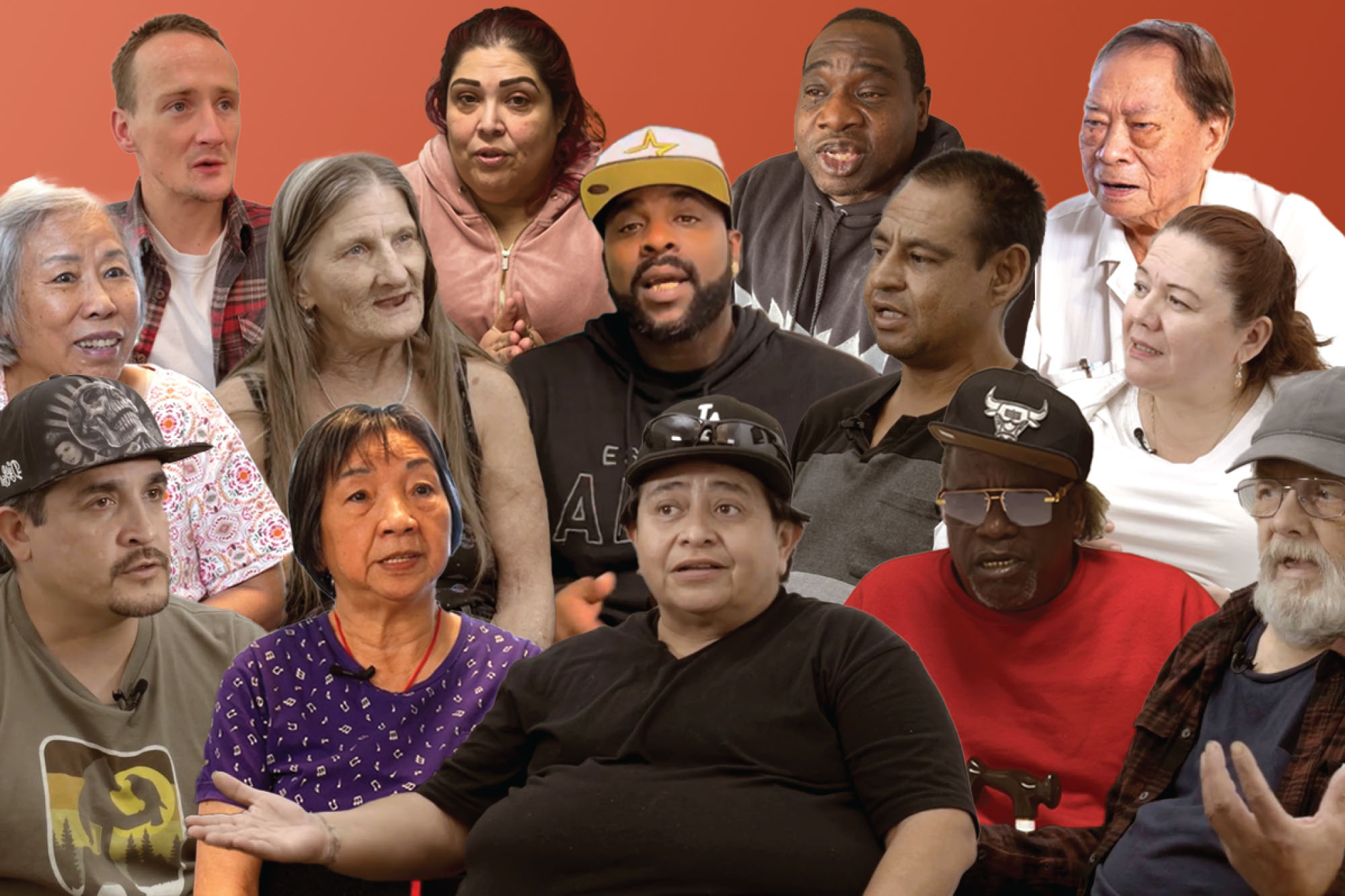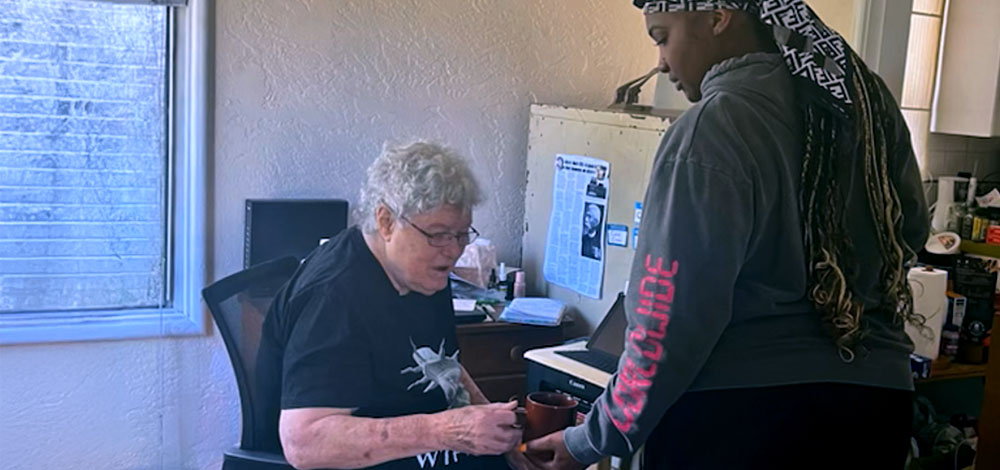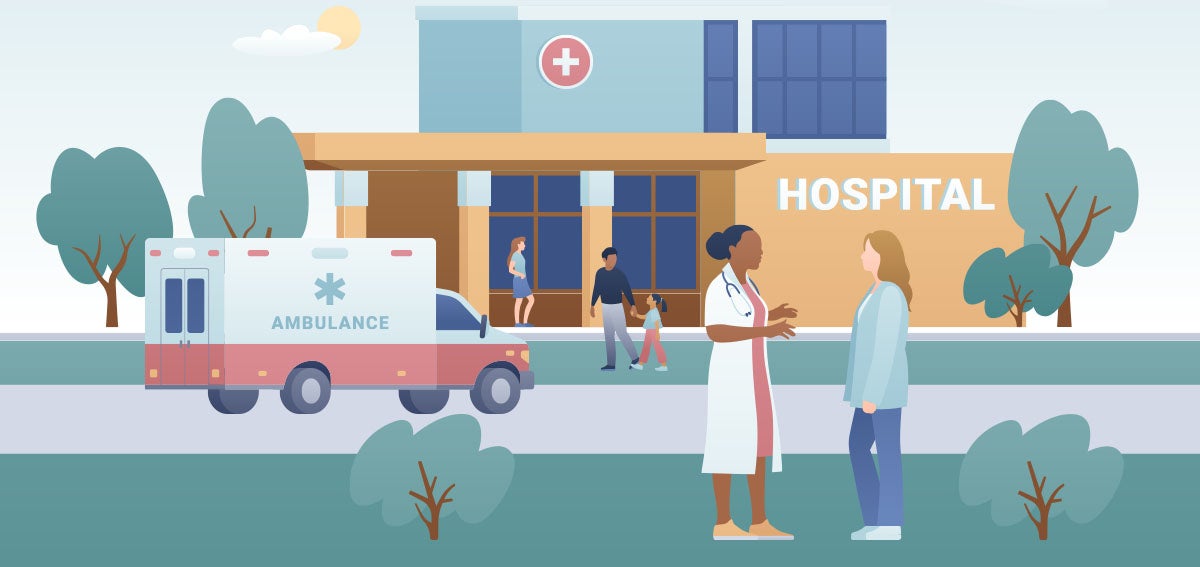
This article was updated to include formal publication of the proposed rule in the Federal Register.
On October 10, 2018, the Department of Homeland Security (DHS) published in the Federal Register highly anticipated proposed changes to “public charge” rules that could disqualify many immigrants from gaining permanent residency in the US.
Public charge is the determination that evaluates whether someone is likely to become reliant on public benefits, and consequently whether he or she may enter the country or modify his or her immigration status to become a permanent resident (a “green card” holder). Historically, the determination has only considered cash benefits like Supplemental Security Income (SSI), Temporary Assistance for Needy Families (TANF), local General Assistance (GA) payments, and long-term care benefits. Use of benefits previously has only been examined if they were used by the immigrant themselves — not by a member of their family. The proposed rule would expand the benefits under consideration to include core safety-net programs, including health, nutrition, and housing benefits. It would change the meaning of the term public charge, redefine and expand the types of benefits considered in public charge determinations, and outline new processes for conducting what’s called the “totality of circumstances” test, the test used to examine a range of factors to determine whether an immigrant is likely to become a public charge.
Last year, the government announced that it would propose changes by July 2018, but none were officially published in that timeframe. However, in the spring of 2018, the press acquired two draft versions of the proposal, enabling the policy and advocacy communities to delve into the details before the rule’s formal release.
On September 22, a draft of the text of the proposed changes was officially released by DHS, and on October 10 the proposed rule was formally published. Public comments can be submitted until 8:59 p.m. Pacific Time on December 10, 2018. DHS will consider those comments before issuing the final rule. It is unclear when the final rule would take effect. The proposed rule solicits comments about the implementation schedule. A companion rule regarding public charge deportability is also pending at the Department of Justice.
Significant Public Confusion
Even though the DHS rule is not retroactive, it has caused public confusion and reportedly led families to withdraw from benefits out of fear that they will be penalized in immigration considerations if family members have received Medicaid, Supplemental Nutrition Assistance Program (SNAP), or other forms of government assistance.
The proposal calls for DHS to define a public charge as “an alien who receives one or more public benefits.” It would expand the types of benefits considered in public charge determinations by adding the following to the cash assistance and long-term care benefits that are currently considered:
- Nonemergency Medicaid (with exceptions for certain services, as well as for foreign-born children of US citizens)
- SNAP
- Premium and cost-sharing subsidies within Medicare Part D
- Housing programs (Section 8 Housing Choice Voucher Program, Section 8 Project-Based Rental Assistance, and subsidized public housing)
The draft rule also solicits comments on whether the Children’s Health Insurance Program or other benefits not currently included in the proposal should be added.
Looking Back 36 Months at “Positive” and “Negative” Factors
DHS proposes reviewing the previous 36 months of benefit use. This “look back” period is markedly different from current public charge determinations, which are exclusively prospective.
In the new rule, DHS put forward that it will continue making public charge inadmissibility determinations within the context of an immigrant’s overall situation — referred to as the “totality of circumstances” test. The test includes consideration of:
- Age
- Health
- Family status
- Assets, resources, and financial status
- Education and skills
- A required affidavit of support from a sponsor
DHS proposes codifying the totality of circumstances test by using a weighted evaluation system that compiles “positive factors” and “negative factors” to determine whether an immigrant is a public charge. DHS estimates that it will take applicants four and a half hours to complete a new form and submit the required documentation about these factors, including past medical records in certain circumstances.
As noted by immigration policy consultant Ignatius Bau, part of the impact of the proposal stems from the fact that the list of negative factors is much longer than the list of positive ones, which increases the likelihood of someone being deemed a public charge. For example, simply being under age 18 or over age 62 would automatically be a negative factor. Not having a college education would be a negative factor. Speaking English with limited proficiency would be a negative. Having any health condition that might require treatment (and not having private health insurance to pay for anticipated treatment) would be a “heavily weighted negative factor.” A poor credit rating would be a negative, and all applicants would have to submit credit reports. Having a household income above 250% of the Federal Poverty Guidelines (FPG) would be a heavily weighted positive factor, while a household income below 125% of FPG would be a negative. These characteristics would be weighed for all permanent residency applicants in addition to the questions about previous use of public benefits on the expanded list.
A household income above 250% of the federal poverty guidelines would be a heavily weighted positive factor, while a household income below 125% of the guidelines would be a negative.
DHS proposes to establish thresholds above which it would consider use of public benefits as a “heavily weighted negative factor” when evaluating an applicant. Two types of thresholds would be used: the dollar value of the benefit and the length of time during which an applicant receives a benefit. For cash and cash-like “monetized” benefits — SSI, TANF, GA, SNAP and housing vouchers — the threshold would be set at 15% of FPG for a single person in a 12-month period ($1,821 in 2018). If an applicant exceeded this 15% threshold, it would be a “heavily weighted negative factor.” For “non-monetized” benefits including non-emergency Medicaid coverage, premium and cost-sharing subsidies within Medicare Part D, and subsidized public housing, the rule outlines a limit of 12 months over the last 36 months, or nine months if an applicant is also receiving monetized benefits, such as a combination of SNAP and subsidized public housing.
Effects on US Citizen Children with a Relative Seeking a Visa or a Green Card
There are important differences between the formal rule proposal and what was reported in the media last spring. The new version would not count benefits used by US citizen children against a family member seeking to enter the country or applying for permanent immigration status. The earlier drafts proposed to weigh Medicaid enrollment, SNAP, and other health and human service benefits received by US citizen children as a negative factor when a parent applied for an immigration status change. The latest draft would consider US citizen children when looking at household size for determining either the 125% or 250% FPG income test, but “the direct receipt of public benefits by those children would not factor into the public charge inadmissibility.”
The September draft omits the Special Supplemental Nutrition Program for Women, Infants, and Children (WIC) from the list of public benefits it proposes weighing in public charge determinations. The spring version proposed to consider WIC benefit use, which led to a national outcry.
Another notable distinction between the drafts is that DHS is now seeking comments regarding how public charge determinations should be conducted for “alien children” who received public benefits while minors. With a 36-month look back period, an 18-year-old applying to change immigration status could be viewed as a public charge based on benefits received at ages 15, 16, or 17.
The new draft could expand the categories of immigrants that are evaluated for self-sufficiency. DHS states that it seeks to clarify the agency’s authority to set conditions for nonimmigrant extension of stay and applications for change of status “even though public charge inadmissibility does not apply to them.” DHS’ draft changes also state that in “certain limited circumstances” a lawful permanent resident returning from a trip abroad will be considered an applicant for admission and therefore subject to an inadmissibility determination, despite the precedent that permanent residents are not otherwise subject to public charge determinations.
DHS estimates the government will save $2.27 billion annually due to disenrollment or forgone enrollment in public benefit programs because of individuals’ concern about the immigration impact of receiving public benefits. The September rule also contemplates reduced revenue for a range of entities as a consequence of disenrollment in public benefits, including health care providers, pharmacies, and grocery stores.
Authors & Contributors

Billy Wynne
Billy Wynne is founder and CEO of the Wynne Health Group, a Washington-based consulting and advocacy practice serving clients throughout the health care sector. A graduate of Dartmouth College and the University of Virginia School of Law, Billy previously served as health policy counsel to the US Senate Finance Committee.

Dawn Joyce
Dawn Joyce is a vice president with the Wynne Health Group and a health policy expert. She has hands-on experience at the federal, state, and local levels, and previously served as a staff member for California senator Dianne Feinstein.
Joyce is a graduate of Wellesley College and UC Berkeley’s School of Public Health.





